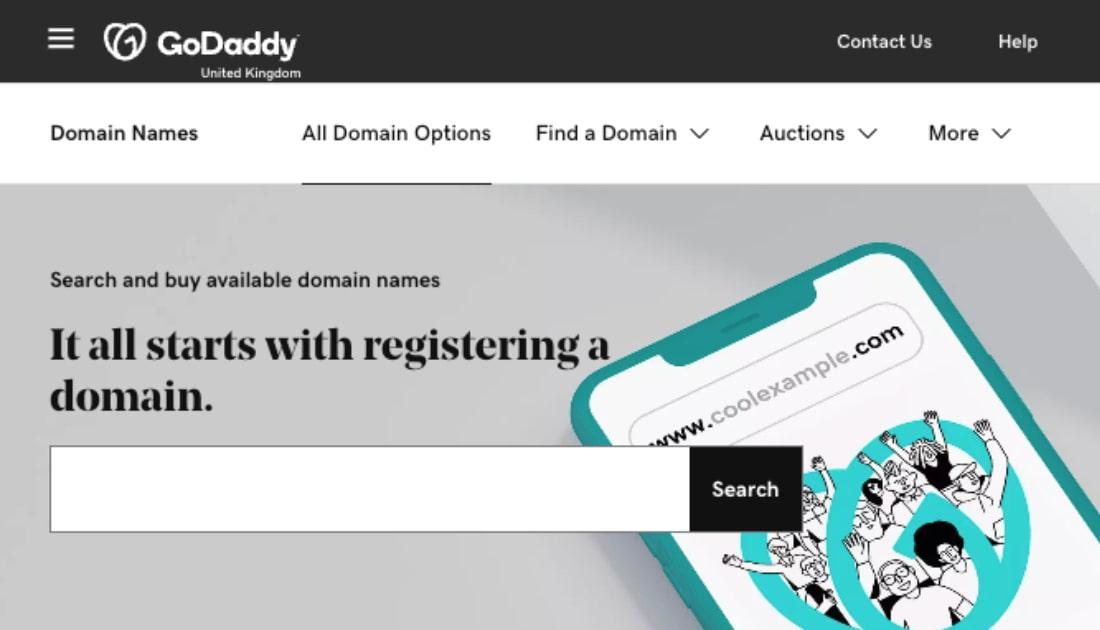Editor’s note: For entrepreneurs in Britain and beyond, Emma Jones serves as a wise (she holds a degree in law and Japanese) and experienced (she worked for international accounting firm Arthur Anderson, started and sold a successful tech company, and has written five books) guide through the twists and turns of small business ownership. She founded London-based Enterprise Nation in 2006 with a mission “to create an inspirational environment for business owners and would-be entrepreneurs, a supportive community, informational books and events, and a campaigning voice to help small businesses in the UK flourish.” Supported by corporate partners including Microsoft and Verisign, Enterprise Nation now helps more than 65,000 members start and grow their own businesses. We recently sat down with Emma to talk about her experience, entrepreneurs, and what it takes to make it as a small business today. Here’s what she had to say.
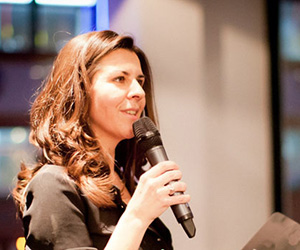
Q: What inspired you to start Enterprise Nation?
A: It was my first company, Techlocate.com, that gave me the idea for this one. I launched Techlocate in 2000, at the height of the dot com boom. Fifteen months into business and we received an acquisition approach from a company wanting to buy the online inward investment outfit I'd built with a business partner. We decided to sell — and it was the experience of having started, grown and then sold a business from a home base that gave me the idea for Enterprise Nation.
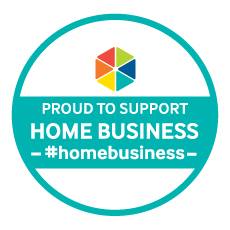
Enterprise Nation first came to life as the Home Business website and our first published book was called Spare Room StartUp — How to start a business from home. We were a resource and network for home-based entrepreneurs. Fast forward a decade and we are now the UK's most active small business network with over 65,000 members — some of whom have now moved out of the home office!
Q: How did you identify your niche in the market?
A: Enterprise Nation came out of personal experience of having run a home-based business and I knew there was a gap in the market for a website, publications and advice for anyone else doing the same. Essentially, I was one of the customers we wanted to serve. Back in 2006, I could see there was going to be an increase in the number of people starting out from home so it was a gap in a growing market. The UK now has a record 5 million small businesses, and over 70 percent of these start and grow from home.
Q: What first steps did you take to launch the business?
A: I took the exact same steps that I now teach all the startups who come to Enterprise Nation:
- Start by working 5 to 9. This is the term I apply for keeping hold of the day job and building the business on nights and weekends. It's how I started both businesses and means you get to keep the security of a salary whilst building cash flow and confidence in the business.
- Write a plan. Becoming an entrepreneur is an incredible and exciting journey, and it's one that needs a plan! My advice is to include five key points that are easy to remember as they spell I'M OFF:
I — What is the Idea for your business (the more niche, the better)?
M — Who is the Market you're going to serve?
O — What Operations do you need to get going?
F — Get your Finances in order, including producing a cashflow forecast and working out if you need to raise money to get going.
F — Find your Friends, the support network of experts on whom you'll call with questions on the areas that aren't your strong suit.
Writing a plan will give you clarity on where you want to take the business. Review it every six months to ensure you're on track.
- Make a sale. If you're not making sales, you're not in business! Start by selling to friends and family and, as soon as you can, expand that to people you don't know! Sell via powerful trading platforms like Etsy, Elance or Ravelry, sell via your own website by plugging in a PayPal button, and/or sell at fairs, trade shows, PopUps and markets. Think of where your customers are — and be there!
- Get known. Raise profile by embracing social media, getting to know the press and quickly becoming an expert in your field. The more you're seen, the more reason for potential customers to visit you (online or off) and share this with their networks, too. Always say 'yes' to any speaking opportunity you're offered, enter awards, host events and have an opinion to stand out.
- Repeat! Keep doing all the above whilst staying on top of the books. To that point, hire an accountant as soon as your budget allows. It will save you hours and keep the business afloat.
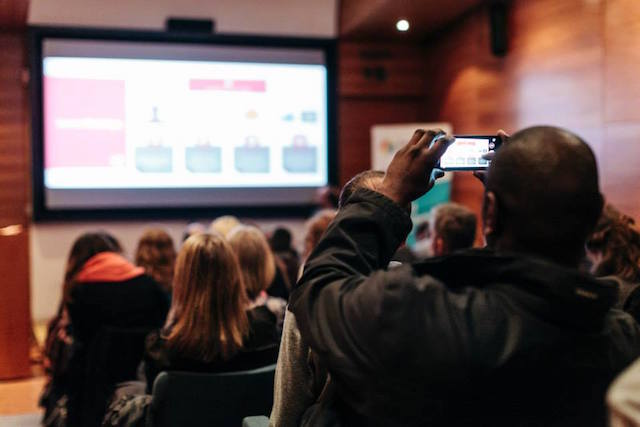
Q: Tell us about your business model.
A: Enterprise Nation earns its income from three main sources: small businesses who pay to attend events, buy books and become a member; large corporates who want to sponsor activities to engage with and support small businesses; and a few paid-for projects for government. It's a very virtuous circle; the more small businesses that become Enterprise Nation members and buy our products, the more this attracts the interest of sponsors — which means we can re-invest funds into the business and do even more for many more small businesses!
Q: What online tools do you use for your business?
A: We use lots of online tools! We have a .com domain, www.enterprisenation.com, that makes it easy for people to find and remember our comprehensive website. We use Basecamp to keep in touch on projects, have a social media presence on most of the major platforms, use Skype for calls, GoToWebinar to host entrepreneur and expert webinars, Eventbrite to manage a very active schedule of events, and Google Analytics to measure what's working.
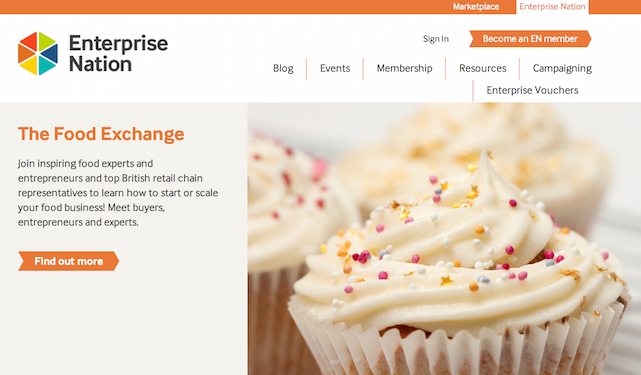
Q: How important is your .com domain to the success of your business?
A: From the day Enterprise Nation was launched, I wanted us to be a brand that was taken seriously. In my mind, that meant we had to be on a .com. Being on a .com creates trust in the brand and gives a global image from the start. My advice to startups is to check what .com's are available and then base your business name on the available options!
Q: What's the most valuable lesson you've learned since starting Enterprise Nation?
A: That business success is not an overnight event. It takes time to build a great business — which can be at odds with entrepreneurs, who tend to be impatient people!
Q: What's your best advice for entrepreneurs?
A: It depends on the stage you're at:
If you're thinking of starting, my advice is to take a small step in that direction — write a plan, make a sale, start a blog, go to a startup event — something simple, but do something! You'll look back six months later and wonder at how far you've come.
If you're planning to grow, consider going global. New and international markets are opening up and they’re easier to access with enabling technology. Access professional advice and available support, and look into making sales to bigger clients such as major retailers and the government. There's a growing appetite and targets to buy more from small companies. It's an opportunity that's there for the taking!
Q: At the end of the day, what do you hope to accomplish through your work with Enterprise Nation?
A: For the UK to become the best place in the world to start and grow a business. We're close but not there yet.

